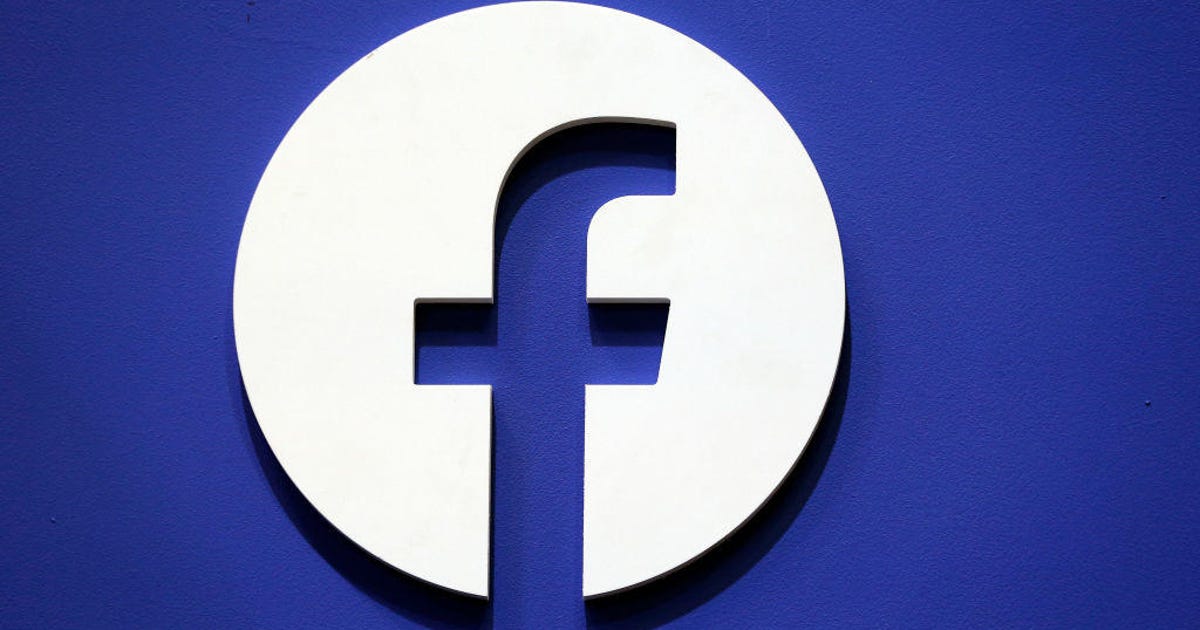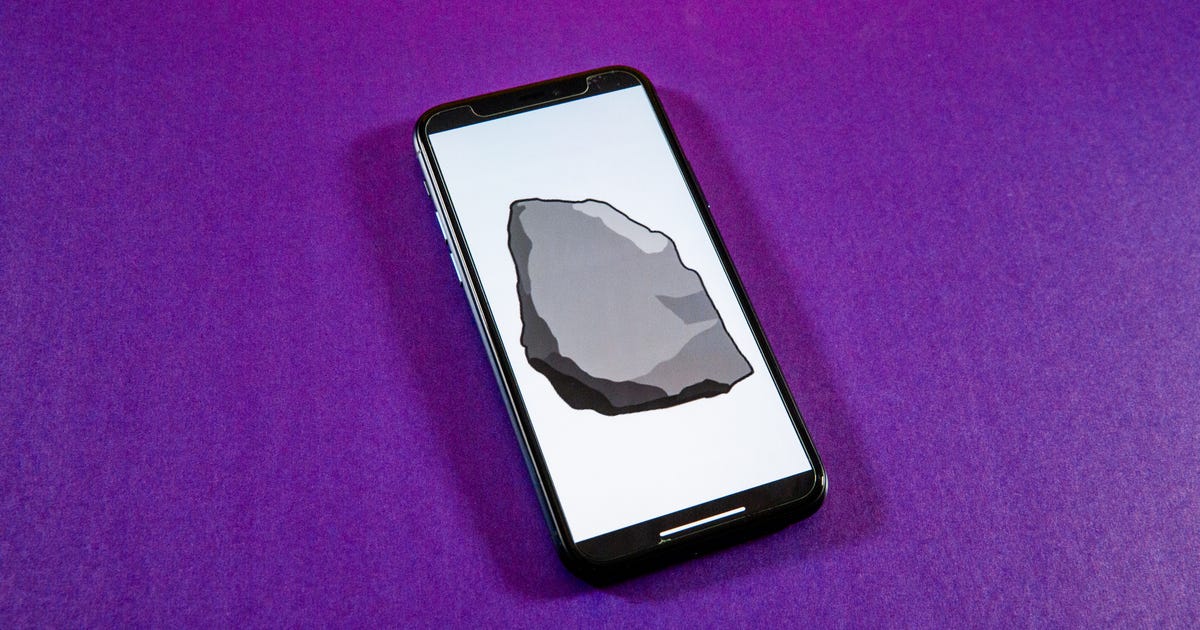
Facebook, WhatsApp and Instagram coming back online after widespread outage
Facebook, WhatsApp and Instagram are starting to come back online after a widespread outage lasted more than six hours on Monday, disrupting communications for the company's roughly 3 billion users.
"To the huge community of people and businesses around the world who depend on us: we're sorry. We've been working hard to restore access to our apps and services and are happy to report they are coming back online now. Thank you for bearing with us," Facebook said in a tweet.
The three social networks -- all owned by Facebook -- started having issues around 11:40 a.m. ET, according to Down Detector, a crowdsourced website that tracks online outages.
The company acknowledged that it was having issues shortly after noon ET, saying in a tweet from its WhatsApp account that it's "working to get things back to normal and will send an update here as soon as possible." Similar messages were shared on the Twitter accounts for Facebook and Facebook Messenger.
Hours later, Facebook CTO Mike Schroepfer said in a tweet that the company was "experiencing networking issues" and working as fast as possible "debug and restore" its services.
Facebook later said in a company blog that it believed a "faulty configuration" change was the cause of the outage
The outage -- and the resulting reaction on Twitter -- underscores both our dependency on the social networks and the love-hate relationship they inspire. Being unable to post on Facebook or Instagram elicited equal parts frustration and relief, with some relishing the break from being constantly connected to our digital lives. Ironically, it's those very social media platforms that allow us to express our collectively mixed feelings about the situation.
Outages are nothing new in the online world, and services often go offline or experience slowdowns. Facebook's outage on Monday, however, was unusual in that it struck a suite of the company's products, including its central site and WhatsApp, an encrypted messaging service used widely around the world. Facebook is deeply enmeshed in global infrastructure and the outage disrupted communications for the company's billions of users. The website and its services are used for everything from casual chatting to business transactions.
It isn't immediately clear what caused the issue for the three properties. Security expert Brian Krebs said it appears to be a DNS related-issue, adding that something "caused the company to revoke key digital records that tell computers and other Internet-enabled devices how to find these destinations online."
Cloudflare, a content delivery network that hosts customers data for fast access around the world, had its own explanation of what might have happened.
"Facebook and its sites had effectively disconnected themselves from the Internet," Cloudflare concluded. "It was as if someone had 'pulled the cables' from their data centers all at once and disconnected them from the internet.
Facebook's problem involved a combination of two fundamental internet technologies, BGP and DNS, both instrumental to helping computing devices to connect across the network. The Border Gateway Protocol (BGP) helps establish the best way to send data hopping from one device to another until it reaches its final destination. The Domain Name System (DNS) translates human comprehensible network names like facebook.com into the numeric Internet Protocol (IP) addresses that actually are used to address and route data across the internet.
Just before 9 a.m. PT, Cloudflare detected a flurry of unusual updates from Facebook describing changes to how BGP should handle Facebook's part of the network. Specifically, the updates cut off network routes to Facebook's DNS servers. With those servers offline, typing "facebook.com" in a browser or using the app to try to reach Facebook failed.
In addition to Facebook's services and apps being down, some of the company's internal tools were also reportedly impacted by the outage. Instagram CEO Adam Mosseri said in a tweet that it felt like a "snow day."
The Facebook outage appears to have caused a headache for Twitter, as well, with more people heading there after finding Facebook down.
"Sometimes more people than usual use Twitter," Twitter tweeted Monday afternoon. "We prepare for these moments, but today things didn't go exactly as planned."
The outage cost Facebook an estimated $60 million in forgone revenue as of 1 p.m. PT/4 p.m. ET, according to Fortune and Snopes. The two publications calculated the lost revenue by using the roughly $29 billion the company reported in its second-quarter earnings. Facebook makes roughly $319.6 million per day in revenue, $13.3 million per hour, $220,000 per minute, and $3,700 per second. The outlets then used those numbers to calculate revenue loss based on how long the outage has lasted.
Shares in the social network dropped nearly 5% to $326.23 per share amid a broad selloff in social media stocks. (Shares of Twitter and Snap were both off more than 5%.)
The slide in Facebook stock weighed on CEO Mark Zuckerberg's net worth, which dropped to $121.6 billion. His net worth is now less than Microsoft co-founder Bill Gates and is the fifth wealthiest person in the world, according to Bloomberg.
The outage creates another headache for Facebook, which is battling a massive public relations nightmare in the wake of a whistleblower's allegations that the social network is aware of harm that content on its services causes. The allegations were detailed in a series of stories published by The Wall Street Journal based on research leaked by the whistleblower that said the company ignored research about how Instagram can harm teen girls and that an algorithm change made users angrier.
The whistleblower, a former Facebook product engineer named Frances Haugen, is scheduled to testify to Congress on Tuesday. She detailed some of her allegations in a televised interview on Sunday.
"Facebook, over and over again, chose to optimize for its own interests, like making more money," she told 60 Minutes' Scott Pelley.
As is often the case with outages, users flocked to other social networks to complain and also revel in the Facebook outage. Instagram and Facebook quickly became the top trending topic on Twitter in the US, and dominated other locations around the world as well. Twitter even got in on the joke, with the company's official account tweeting, "Hello literally everyone," and CEO Jack Dorsey asking "how much?" in response to tweets suggesting Facebook's domain was for sale.
This isn't the first time Facebook has suffered from a lengthy outage. In 2019, Facebook's services suffered from a daylong outage that the company blamed on a "server configuration issue." In previous outages, the social network has also cited a DNS issue or a central software problem as causes.,
Read more: Funniest memes and jokes about Facebook, WhatsApp and Instagram outage
CNET has contacted Facebook for additional comment and we'll update when we hear back.
CNET's Carrie Mihalcik and Stephen Shankland contributed to this report.
Source
Tags:
- Facebook Whatsapp And Instagram Coming Back Online After Christmas
- Facebook Whatsapp And Instagram Coming Back Online After Effects
- Facebook Whatsapp And Instagram Coming Back Online Aftermarket
- Facebook Whatsapp And Instagram Coming Back Onlin e After School
- Facebook Whatsapp And Instagram Coming Back Online Afterschool
- Facebook Whatsapp And Instagram Down
- Dialog Facebook Whatsapp Unlimited Package
- Facebook Whatsapp Icon
- Facebook // Whatsapp It S Between You
- Facebook Whatsapp Free












